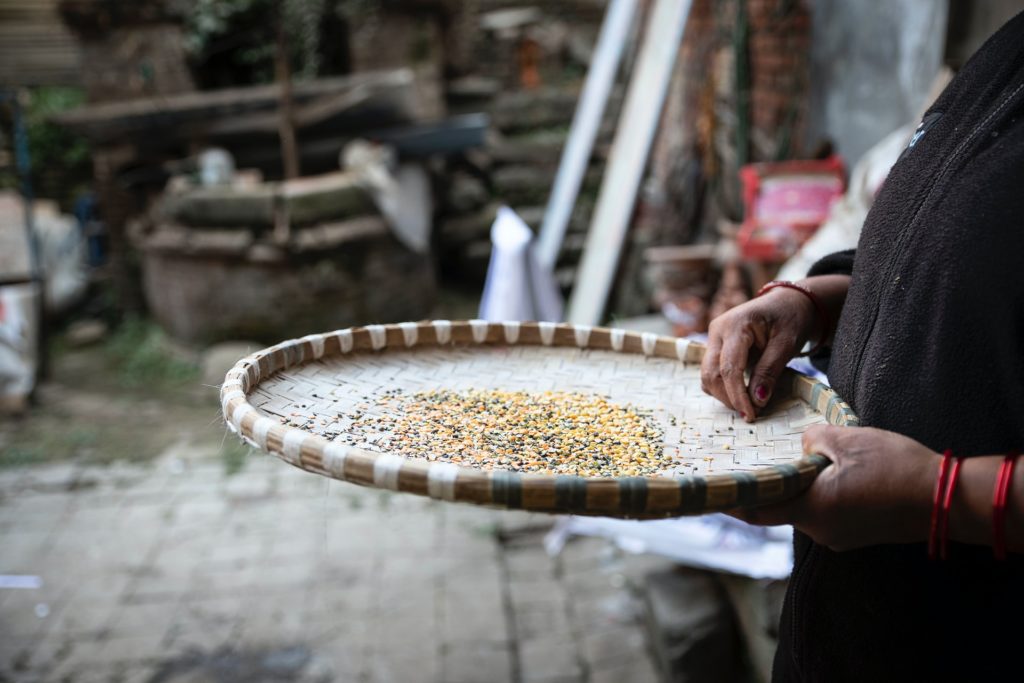In this conference we aim to address the following questions:
Can the off-farm production of organic and biofertilizers contribute to improving soil health in Africa? What is the potential of organic and bio fertilizers for soil health and soil fertility in Africa and what does the current market look like?
Proper management of soil health not only enhances agricultural productivity but also mitigates the risk of soil degradation, erosion, and nutrient depletion. Moreover, it promotes biodiversity, fosters healthy ecosystems, and contributes to the overall well-being of the environment. As we are confronted by the pressing demands of food and nutrition security, environmental sustainability, and climate resilience, prioritizing effective soil fertility management is not just a necessity, it is an effective way to improve farming systems and it is an ethical responsibility.
Although not a panacea, there are opportunities for the off-farm production of organic and biofertilizers (OFBF) and markets are being developed. Especially since issues such as erosion, soil nutrient deficiencies and acidity hamper the effectiveness of mineral fertilizers. In addition, there is a significant potential for the recycling and transformation of diverse off-farm wastes into high-quality organic fertilizers. There is also a strong potential for biofertilizers with the production and use of bacteria (N-fixation, P solubilisation) and fungi (biological life). There is, therefore, an urgent need for new strategies to reset the current system of fertilizer production and the recycling of residues and wastes.
The study aimed to address the current lack of information regarding the off-farm production, marketing and use of OFBF. The team will share an overview of the description of the current state of production and selected business cases, origin of organic matter, quantities produced and prices, current state of demand and use, and an assessment of the potential supply of organic matter. The study combined a desktop review and 89 qualitative interviews across OFBF value chains with key informants spread across the sub-regions of Africa with a total of 12 countries. Interviewees included various stakeholders such as producers, researchers, farmer organisations, advisory services, policy makers and farmers.
Various activities and business cases, like recycling agro-processing residues into compost and other organic fertilizers, involve municipal organic waste, crop residues, animal manure, as well as mixing with inorganic fertilizers, biochar, and liquid fertilizer from human urine. Despite overall small OF production quantities, high demand and price variations persist in most but not all countries. Many biofertilizer types lack product quality and verifiable efficacy results in local contexts. Successful rhizobia production and use exit. A high untapped potential exists for the (re)circulation of organic matter/nutrients from household and human waste. However, this requires addressing collection systems, standardization, quality enforcement, streamlining of policies and regulatory frameworks across sectors (waste, sanitation, agriculture), technical assistance, and integration into education, training, and research. Market incentives and improved business processes are crucial, necessitating a joint effort by private, public, and farmer organizations.
Speakers
- Leonard Mizzi, Head of Unit, INTPA F3-Sustainable Agri-Food systems and Fisheries
- Bernhard Freyer, Pierre Ellssel and Fortunate Nyakanda, Scoping Study results
- Representative from Zim Earth Farms, African producer (Zimbabwe)
- Representative from Safisana, African producer (Ghana)
Language: English
Q&A session languages: English
